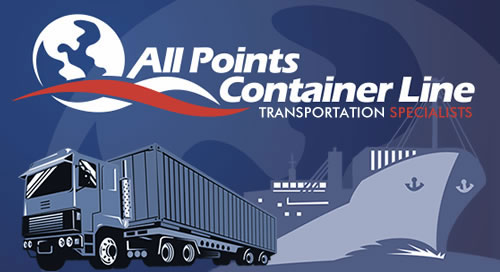The cost of doing business with GB and Europe is about to become more expensive, and FTA Northern Ireland is concerned. Businesses shipping goods via the Irish sea will soon face additional surcharges from shipping lines. Let’s take a closer look at these changes.
Cost Rising Due to Adaptation
The FTA estimates the new costs to be around 27 million dollars (US) per year. These new costs are said to be caused by the adaptation measures made to comply with newly added sulfur oxides targets entering worldwide starting January 2020. The United Nations regulatory body for shipping mandated these new changes. It will require the sulfur content of marine fuel to be less than 0.5%.
Not Everyone Agrees with the Surcharges
The policy manager for the FTA, as well as others, feel that the surcharges are an improper response to the changes. Even though the industry has been expecting increased costs due to the new low sulfur rules, new surcharges seem unnecessary to them. They feel that instead, shipping companies should include the higher costs in new commercial shipping pricing. The FTA views the surcharges as “old-fashioned” and not up to snuff with the way things are handled now.
Efficient Logistics are Vital
To keep Britain trading, which keeps seven million people employed, efficient logistics is vital. Brexit has already made things complicated, which puts an even more significant emphasis on the selling and moving of goods. The FTA has been trying to speak to the government on behalf of everyone affected and has found a common attitude surrounding the surcharges.
Everyone is Affected
These new surcharges will not only affect the ones paying but everyone involved in road, rail, sea and air industries. Buyers of freight services, retailers and manufacturers are feeling the changes as well. It’ll be interesting to see how these surcharges shape the future of logistics for Irish sea routes, but we’ll be watching.

